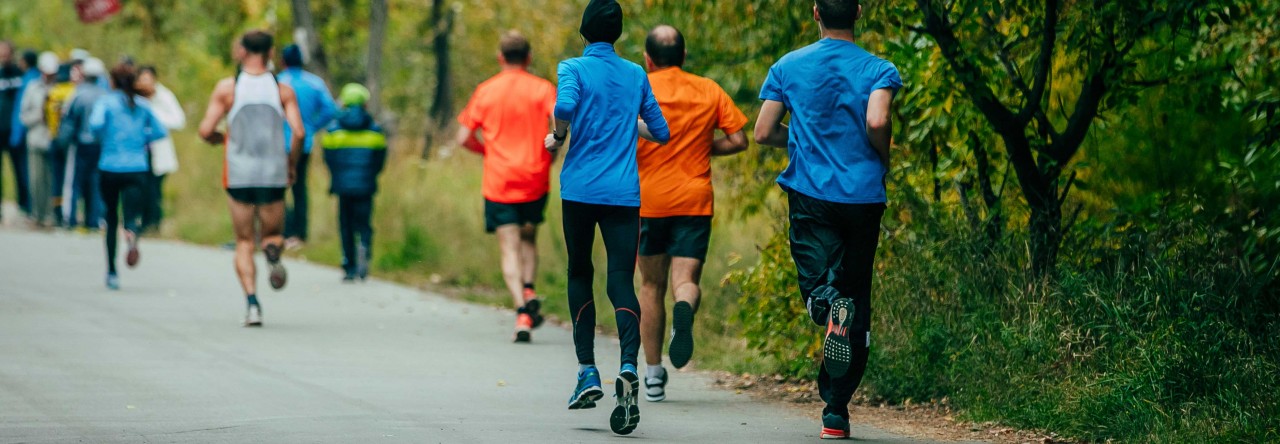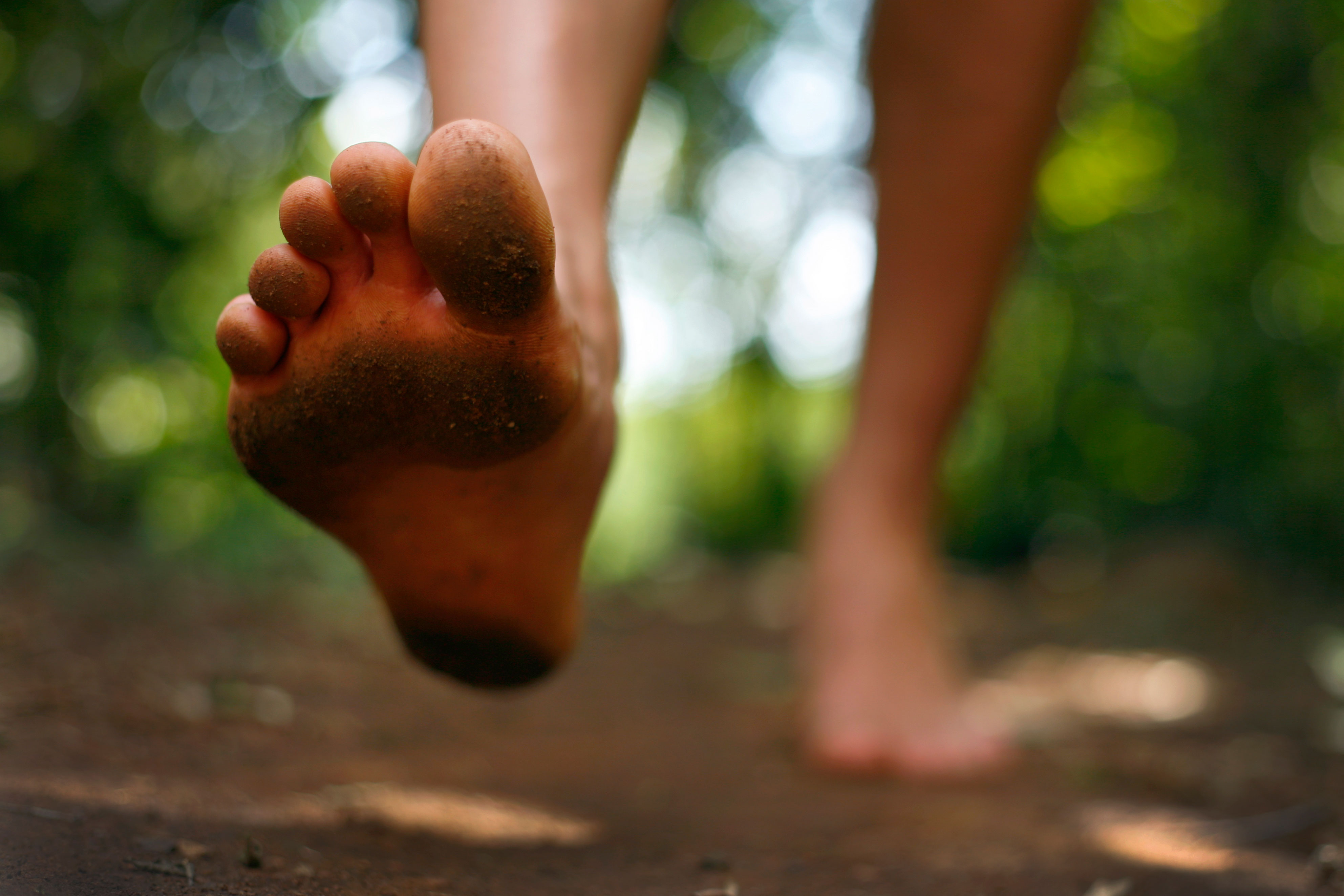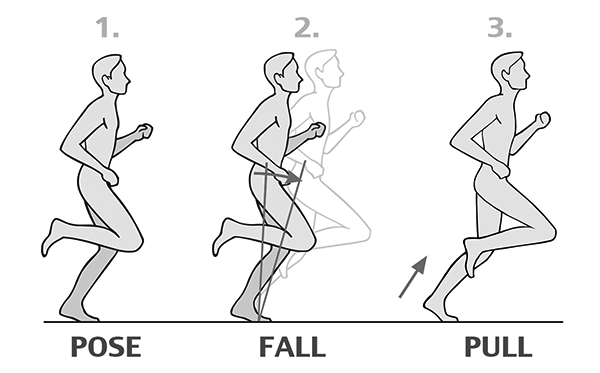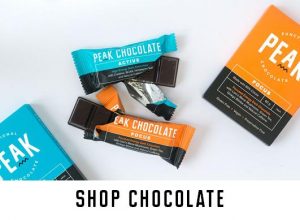What is natural?
Short answer: surprisingly it has a vague meaning
Public perception of natural has a positive connotation linked to health, longevity, and some fundamentals that could potentially take us back to the so-called right way of living of which we have been deprived by the modern life (or in some notions since mankind settled for farming). Having known that, I still find it a bit hard to define natural. Natural, despite its simple meaning, has some vague aspects. In one sense it means intuitive as in something we figured on our own or someone told us and we happily embraced it. In either case no one forced us to take it on. It is also more of something that is derived from every cell of our body and “feels” like it suits us the best. On the other hand it means something we are born with, like genes. Perhaps, natural means what we are given at the beginning and what we picked up voluntarily, easily, or freely throughout our life. Sounds like quite a random process that might be very different from one person to another.
Moreover, I even think the meaning of natural evolves and mutates. What natural meant millions of years ago may not be valid anymore. Our needs changes and since we developed prefrontal cortex, our path in life is no longer bound to our DNA. That overhauls everything, hence the definition of this simple word: natural.
Can you define natural running?!
Short answer: I doubt it.
Natural running perhaps means the way our ancestor primitive humans used to run which probably means running barefoot, relatively slow and over a long distance (Aztecs runners would run 1000km). So does it means I will be running natural if I take my shoes off and go around the whole town a few times? Even if that is true, I kind of do not like it, simply because I am sure it is not in my nature. Ok, I played with words to mess with fans of “natural running” but what I want to say is copying our ancestors is not necessarily the best approach.
All I can relate as natural in running would be limited to natural (in-born) features in our body, and to name a few:
- Elasticity of our tendons
- Legs’ shock absorption mechanism
- Nervous system (especially the nerves in the sole of our feet)
- Proprioception / kinaesthesia
If the natural running you desire uses the best out of these, then you are on the right track, otherwise you are shooting in the dark.
Natural does not mean perfect
Eat natural, live natural, do everything natural… such buzzwords are ubiquitous these days and entice many health-seeking minds. To my understanding they all mean to go back doing what we used to be doing in the past few million years of evolution that shaped up mankind to the current form, which is very likely to be aligned with our genetics and therefore beneficial but who said going that path is the best way?
Do not get me wrong, I am an admirer of the fact that our genes evolved impressively through natural selection. All living creatures on our planet are amazing when looking into how they grow, how their organs work, or how they fight disease, etc. All of these have been done by nature (thanks to mother Earth) but who said natural selection achieved perfection? Natural selection was enough for survival and there is always a shortcoming towards perfection in anything any living organ does. For example, our immunity system has many flaws, or we might still make mistake at swallowing food and choke to death despite some built-in mechanism that prevents it. Conclusion: We are not perfect, nothing is. We can never achieve perfection but we can do something to make the best out of our nature.
The same logic goes to running. Basically, given our physiology there is no way to avoid energy waste at running (imperfection) however there are ways to optimise it but if we take the way majority of people [naturally] run they waste more energy than if they did it according to Pose Method of Running.
What is Pose?
I have had the company of many running coaches. I have read many running articles. I have been following running experts online. I have read a bunch of books by running athletes but I have never found anything as convincing as Pose method. It simply explains everything about running.
To explain what Pose method says, let’s first highlight this salient mankind’s characteristic: being bipedal. Why we became bipedal? Because it is way more efficient than being quadruped (ancestor apes) so we could travel farther for food or any other reason. A bipedal creature falls forward and catches own self. That is enough to move forward as opposed to a quadruped that needs to lift and move which costs the animal more energy. Human, if not the best, is one of the best long distance runners on this planet, not only because of the natural efficiency in our physics, but also because we sweat. We have been able to beat horses occasionally but surely we spend significantly less amount of energy than horses even if they had our body size, and we would probably beat horses over longer running courses all the times (currently the man vs horse race course is 22 miles or 35 km).
The idea behind Pose method of running, which was made in the year I was born (1977), is if we get our source of propulsion purely from gravity (falling forward) we would achieve a great level of efficiency; and through numerous attempts of examination and analysis of this method it turns out to be true. Many runners do not know much about it but when their running form is analysed according to Pose Method, the runners with their form closer to Pose Method’s rules are better if not the best.
In Pose running, you should not push off the ground. Despite the apparent simplicity, it involves a lot of unlearning, yes unlearning. In other words, we should not use muscular effort for propulsion. To master this technique of running, you would have to rewire your brain with variety of drills through which you would undo almost anything you learned about running since you were not even 2 years old to adopt a new way of moving your legs and feet. The outcome is efficiency which leaves you with surplus of energy that can be put into going farther or faster, plus due to lower pressure on your body you are at the lowest possible chance of getting injured from the way you run.



